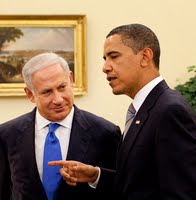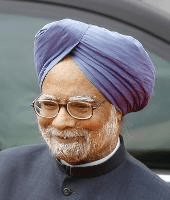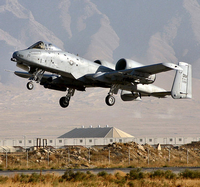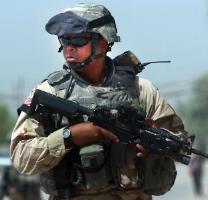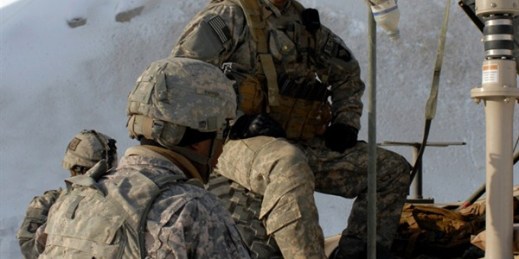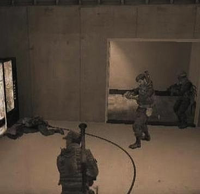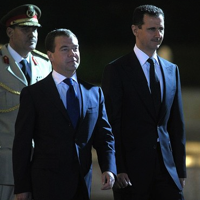
Russia is trying to look tough at the U.N. Security Council this week, promising to reject a resolution backed by the European Union, the U.S. and the Arab League that calls for a political transition in Syria to end the violence there.* This is a new phase in Moscow’s efforts to defend its friend, Syrian President Bashar al-Assad, which included blocking an earlier resolution in October that threatened U.N. sanctions against Damascus. Yet while Russia can use its veto power to paralyze the council again, the diplomatic battle over Syria has highlighted its weakness in global affairs. The U.N. serves […]


